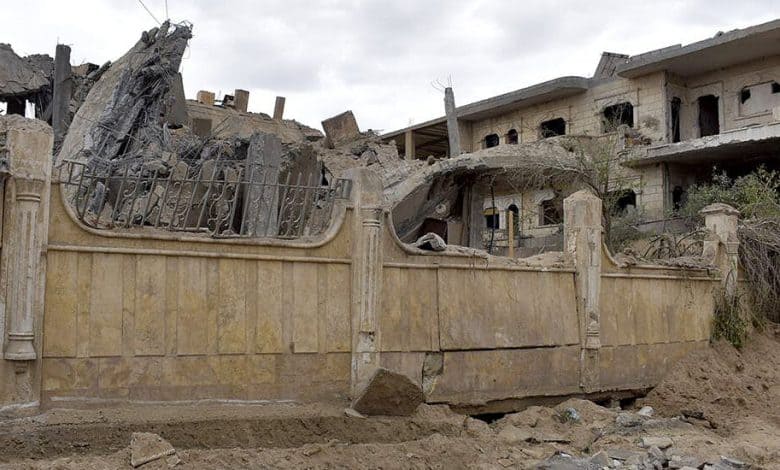Iran Smuggles Arms to West Bank, Officials Say, to Foment Unrest With Israel

Iran is operating a clandestine smuggling route across the Middle East, employing intelligence operatives, militants and criminal gangs, to deliver weapons to Palestinians in the Israeli-occupied West Bank, according to officials from the United States, Israel and Iran.
The goal, as described by three Iranian officials, is to foment unrest against Israel by flooding the enclave with as many weapons as it can.
The covert operation is now heightening concerns that Tehran is seeking to turn the West Bank into the next flashpoint in the long-simmering shadow war between Israel and Iran. That conflict has taken on new urgency this month, risking a broader conflict in the Middle East, as Iran vowed to retaliate for an Israeli strike on an embassy compound that killed seven Iranian armed forces commanders.
Many weapons smuggled to the West Bank largely travel along two paths from Iran through Iraq, Syria, Lebanon, Jordan and Israel, the officials said. As the arms cross borders, the officials added, they change hands among a multinational cast that can include members of organized criminal gangs, extremist militants, soldiers and intelligence operatives. A key group in the operation, the Iranian officials and analysts said, are Bedouin smugglers who carry the weapons across the border from Jordan into Israel.
The New York Times interviewed senior security and government officials with knowledge of Iran’s effort to smuggle weapons to the West Bank, including three from Israel, three from Iran and three from the United States. The officials from all three countries requested anonymity to discuss covert operations for which they were not authorized to speak publicly.
“The Iranians wanted to flood the West Bank with weapons, and they were using criminal networks in Jordan, in the West Bank and in Israel, primarily Bedouin, to move and sell the products,” said Matthew Levitt, director of the counterterrorism program at the Washington Institute for Near East Policy, a research organization, and the author of a study on the smuggling route.
